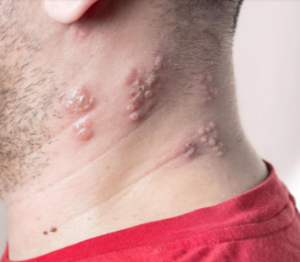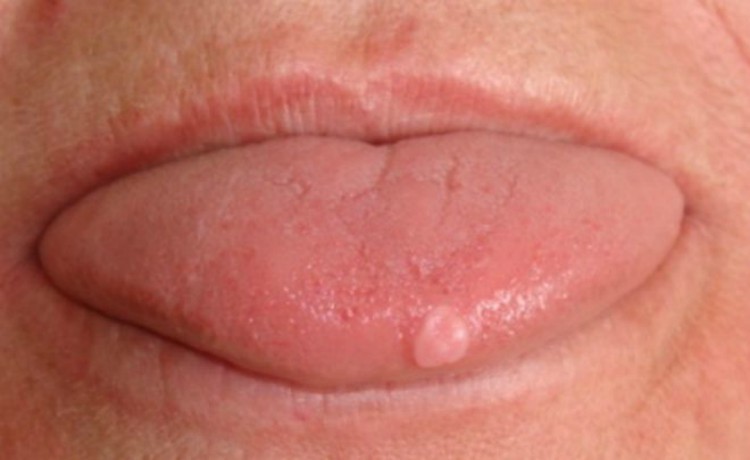

An electric toothbrush can clean your teeth very effectively. Toothbrush bristles can also be softened in hot water.

Use a soft-bristled or child's toothbrush.Clean your teeth or dentures gently every morning and evening, as well as after each meal.It is important to inspect your mouth daily for any signs of redness, swelling, sores, white patches or bleeding. You can do a lot to help to keep your mouth healthy. Your doctor or nurse will be able to tell you how likely it is that you may develop a sore mouth and what signs to look for and what you could do, should this be the case. The likelihood of developing a sore mouth can vary depending on your condition and/or any treatment you are receiving. Damage to the cells lining the mouth can be caused by some cancer treatments and in this case, it is usually temporary and most side effects will disappear once your treatment has finished. Occasionally some bleeding or ulceration of the gums may develop. It is treated with anti-fungal medicines, which your doctor can prescribe. Thrush usually appears as white patches, or a white coating, over the lining of the mouth and tongue. The most common mouth infection is a fungal infection called thrush (also known as candidiasis). You are more likely to get an infection of the lining of your mouth if it becomes very sore and ulcerated, or if the number of white blood cells (which help fight infection) in your blood is reduced. Soreness and ulceration of the lining of the mouth is known as mucositis and can be very painful. Soreness and ulceration of the mouthĬertain treatments and medications can cause the lining of the mouth to become very sore, and small ulcers may form.

Mouth problems can greatly affect quality of life. When the healthy cells in the lining of the mouth are impaired, this can lead to a number of oral health problems such as a sore mouth, dry mouth and/or mouth infections.


 0 kommentar(er)
0 kommentar(er)
